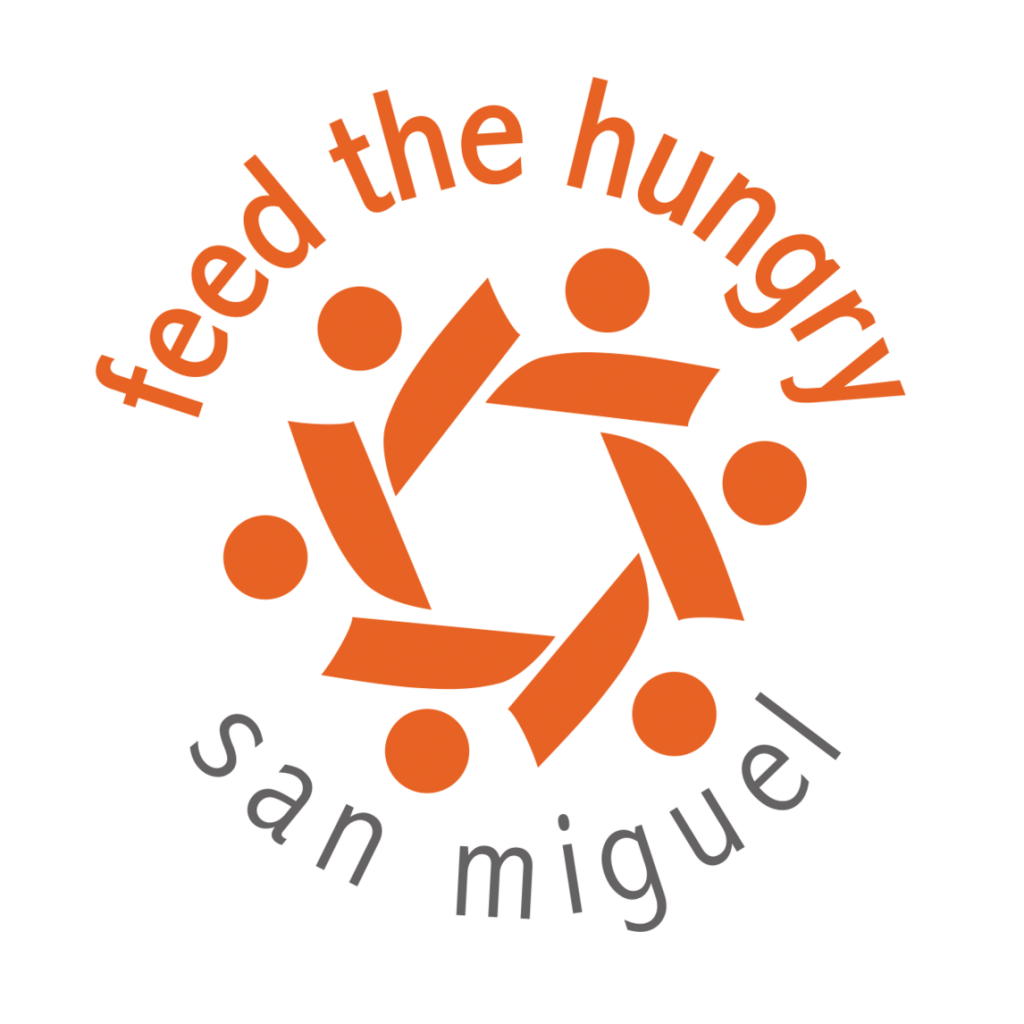A Community We Support: Cañada de García

Background
The Feed the Hungry kitchen in the community of Cañada de García opened September 2023. Every school day we serve lunch to 37 children at the Emiliano Zapata elementary (primaria) school. There are extra classes from 1pm to 3 pm for children with limited learning skills; they are offered a fruit snack at 1:00 pm.
Location Statistics
The Cañada de García community is 26 kilometers from the Feed the Hungry Center. The latest census (2020) reported that there were 126 residents residing in 30 households. Thirty-six percent of residents were under the age of 14. Of residents 12 years of age or older, 63% were employed. Of the adult inhabitants, 10% were illiterate, and the average level of schooling was 6 years. Only one-third of the homes had indoor sanitary facilities.
Nutrition Report
Upon opening of the new school kitchen, Feed the Hungry staff nutritionists assessed 34 students in primaria through height, weight, and body fat measurements. This helps to form a baseline to measure against after the children have been receiving their healthy lunches during the school year.
Health Assessment Results: School Year 2023-2024
| Condition | Children |
|---|---|
| Obese | 2 |
| Overweight | 0 |
| At risk of overweight | 0 |
| Normal | 26 |
| Light underweight | 0 |
| Moderate | 1 |
| Severe underweigh | 5 |
The underweight children show signs of malnutrition such as pronounced dark circles under the eyes, dry hair and skin, skin depigmentation, dental caries, and short stature. These characteristics demonstrate a deficiency in calories consumed, protein, vitamins C and B complex, and iron.
Obese children also had dental caries. As to their diet outside of school, they commented that their breakfasts are usually coffee with sweet bread, chocolate drinks, and in the afternoon, soups, potatoes, pork rinds, and beans with tortillas.
The population with a healthy weight still exhibit evidence of nutrient deficiencies or the presence of diseases.
Most of the children support their parents in their work with crops, which requires a greater energy expenditure that is not satisfied nutritionally, resulting in macro and micronutrient deficiencies.
Days before the program was opened in the community, it was observed that most of the mothers brought lunch to their children; mostly homemade food lacking in vegetables. In some cases the drinks were soft drinks or sweet juices. By working together with the mothers, we expect to see improvements through workshops offered on an ongoing basis to help them apply good health practices at home.
This school needs a sponsor! Learn how you can make an impact as a Kitchen Angel.


